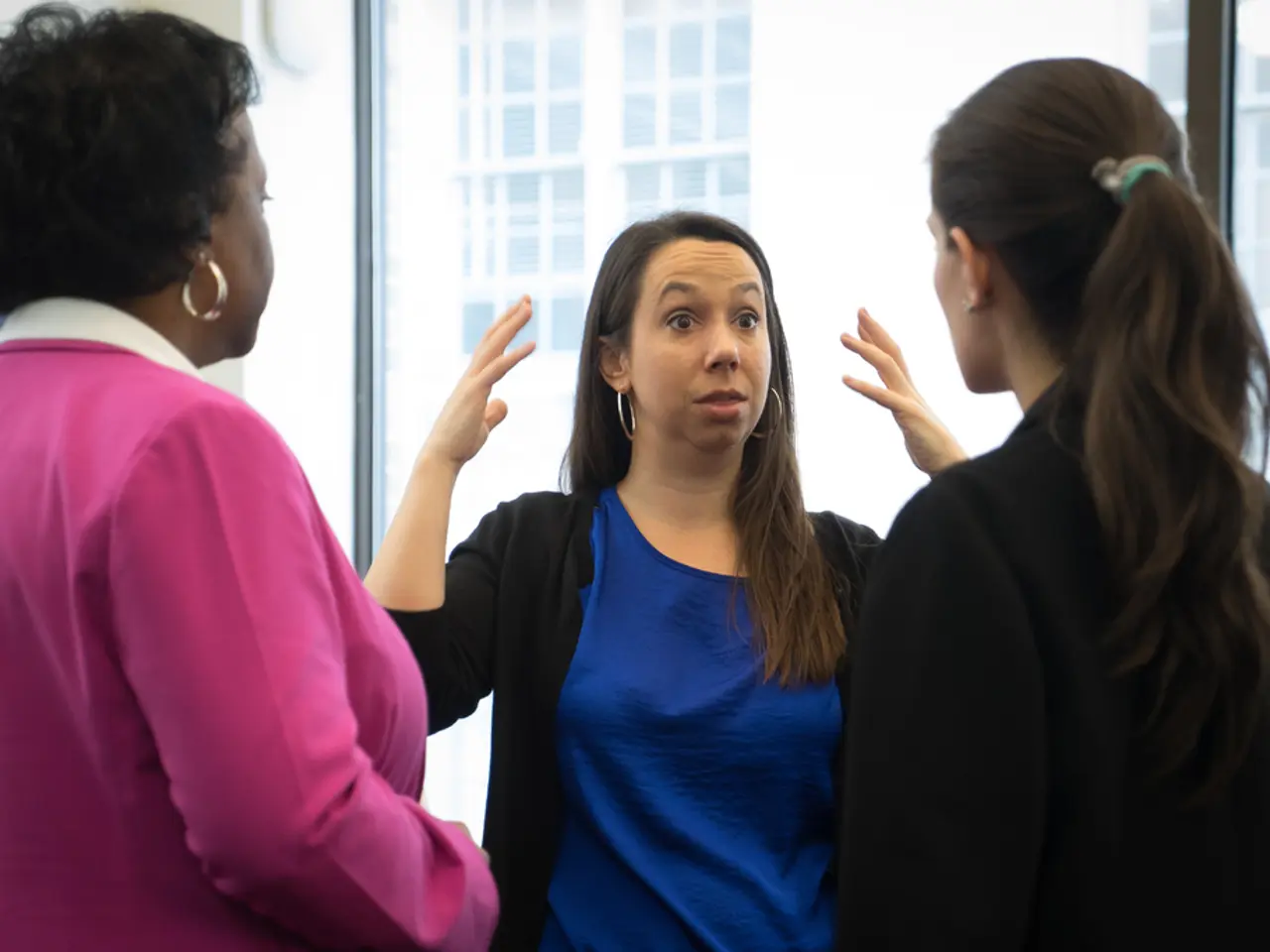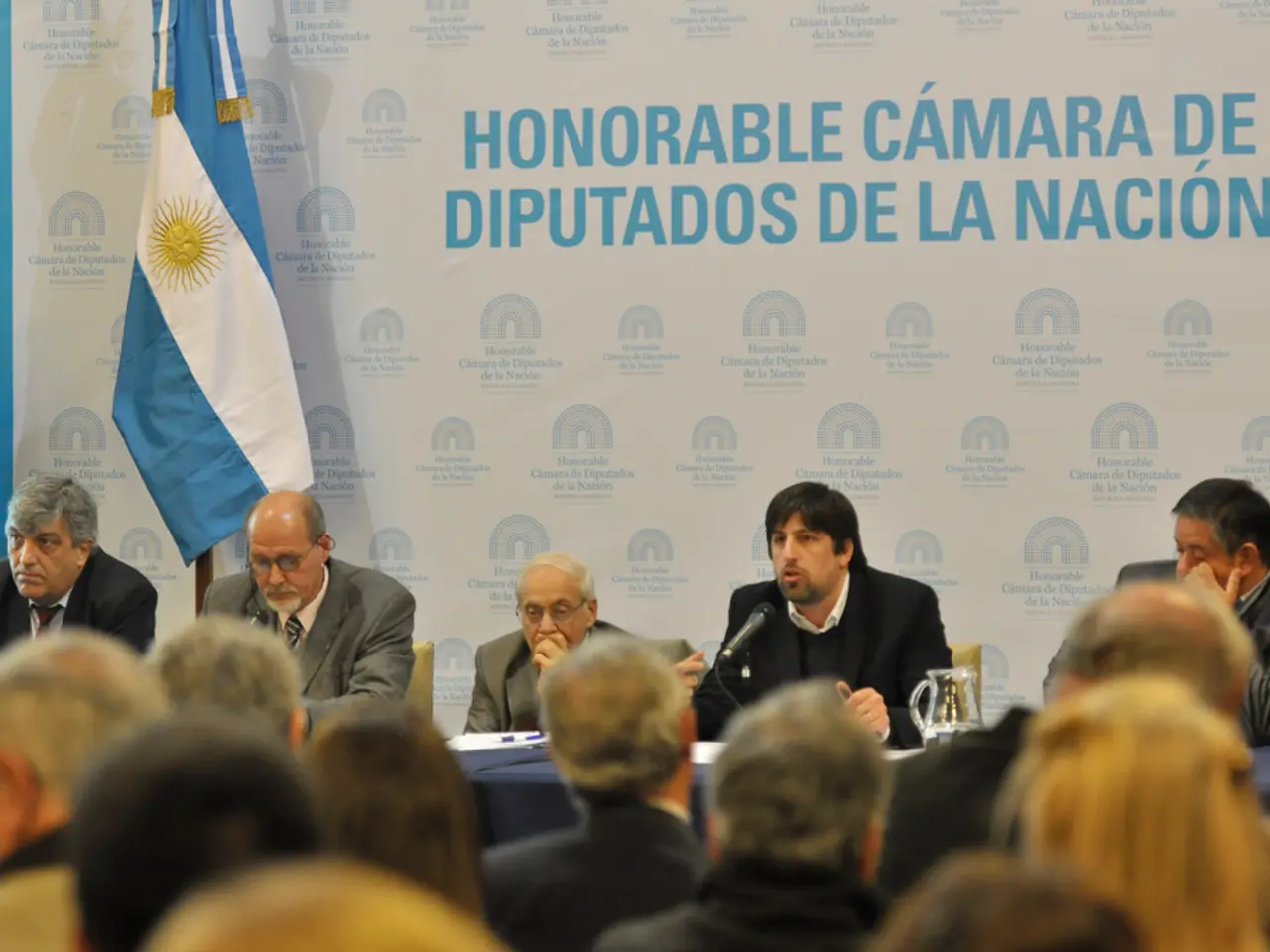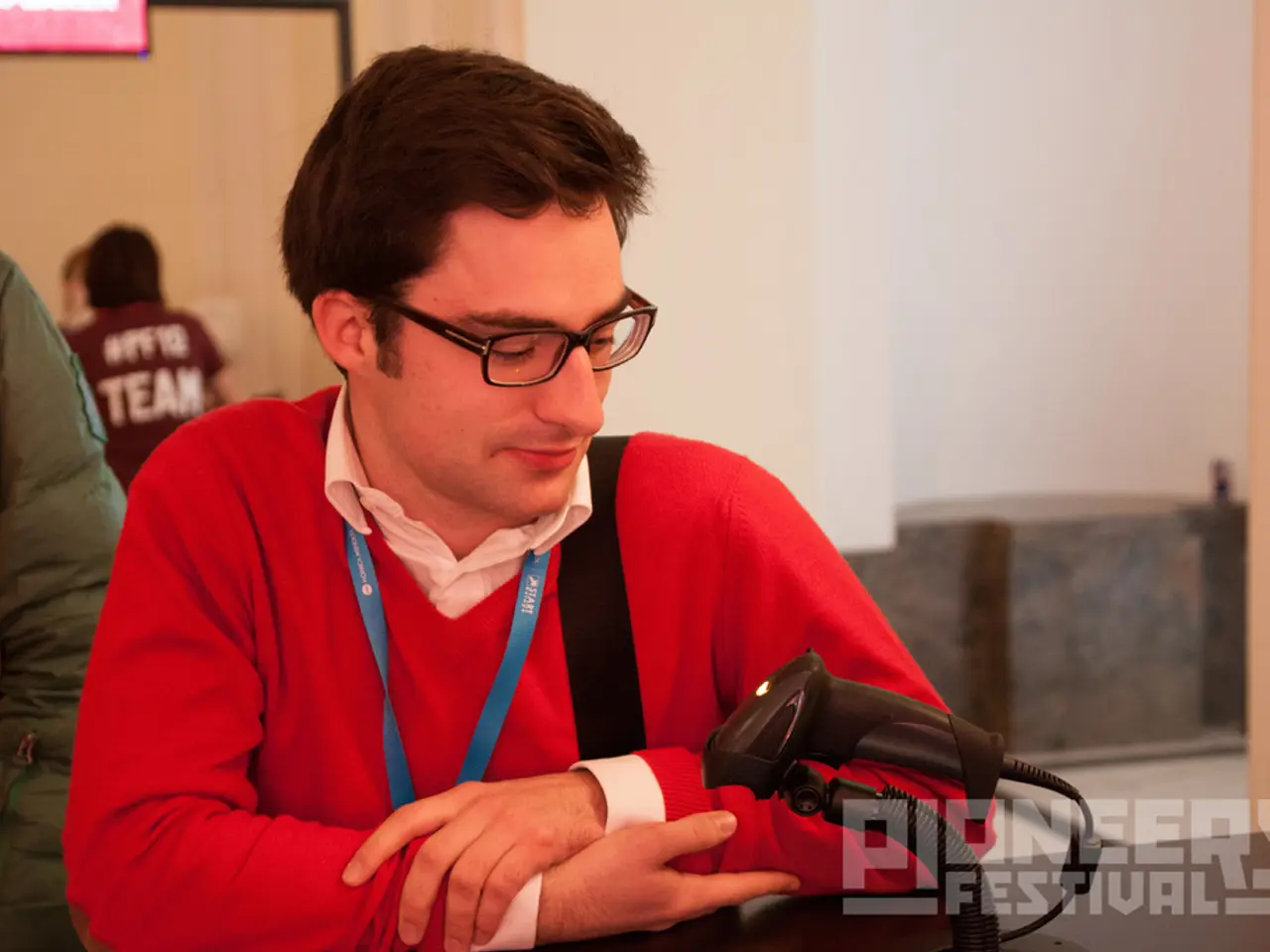Public Fund Recipients Should Avoid Gender-Based Decisions
In a move that has sparked heated debates across Germany, Culture Minister Wolfram Weimer has implemented a ban on gender-inclusive language in publicly funded institutions. The prohibition includes the use of gender plurals with asterisks (e.g., Student*innen) in official communications within Weimer's authority, including the Federal Chancellery.
Appointed in May 2025, Weimer insists that no publicly funded agency should use gender-inclusive language with special symbols. He argues that language should not be treated as a "playground" and expresses concern about societal division and overly complex language.
This move has led to a heated debate across Germany. Proponents of gender-inclusive language see it as necessary for inclusivity and representing all gender identities, while opponents claim it is grammatically incorrect and unnecessarily complicates the language.
Weimer's stance faces significant opposition, with the German Journalists' Association viewing his initiative as an intervention in broadcasting freedom. Misbah Khan, deputy leader of the Green parliamentary group, sees an "implicit threat" in Weimer's statements, stating that those who do not comply risk losing relevant financial funds.
Other federal ministries have not adopted similar bans, suggesting Weimer’s position is isolated at this point. The controversy reflects wider societal debates about language, identity, and inclusion in Germany, with calls both for moderation in the debate and continuing use of inclusive language by supporters of gender-neutral wording.
Weimer has urged all publicly funded institutions such as museums, foundations, and broadcasting to follow his lead in banning gender-inclusive language with special characters. However, his stance has been criticised by some as an attack on the freedom of art and culture and an attempt to discipline critical voices.
The controversy continues, with both sides presenting strong arguments for and against Weimer's ban on gender-inclusive language. The debate underscores the complex and evolving nature of language and its role in society, particularly in the context of inclusivity and representation.
[1] Federal Chancellery: https://www.bundesregierung.de/breg-de/startseite/1886226.html [2] Die Zeit: https://www.zeit.de/kultur/2021-09/wolfram-weimer-gender-sprache-bundesregierung-germany/ [3] Deutsche Welle: https://www.dw.com/en/germany-culture-minister-bans-gender-inclusive-language-in-official-communications/a-59423658
- The policy-and-legislation implemented by Culture Minister Wolfram Weimer, prohibiting gender-inclusive language in officially communicated documents within his authority, has attracted intense criticism and debate within the political sphere and general news mediums.
- The controversy surrounding the ban on gender-inclusive language in publicly funded institutions, spearheaded by Minister Weimer, strengthens calls for moderate discourse and continued use of inclusive language by supporters of gender-neutral wording, as the debate unfolds in various policy-and-legislation arenas and mainstream media outlets.






